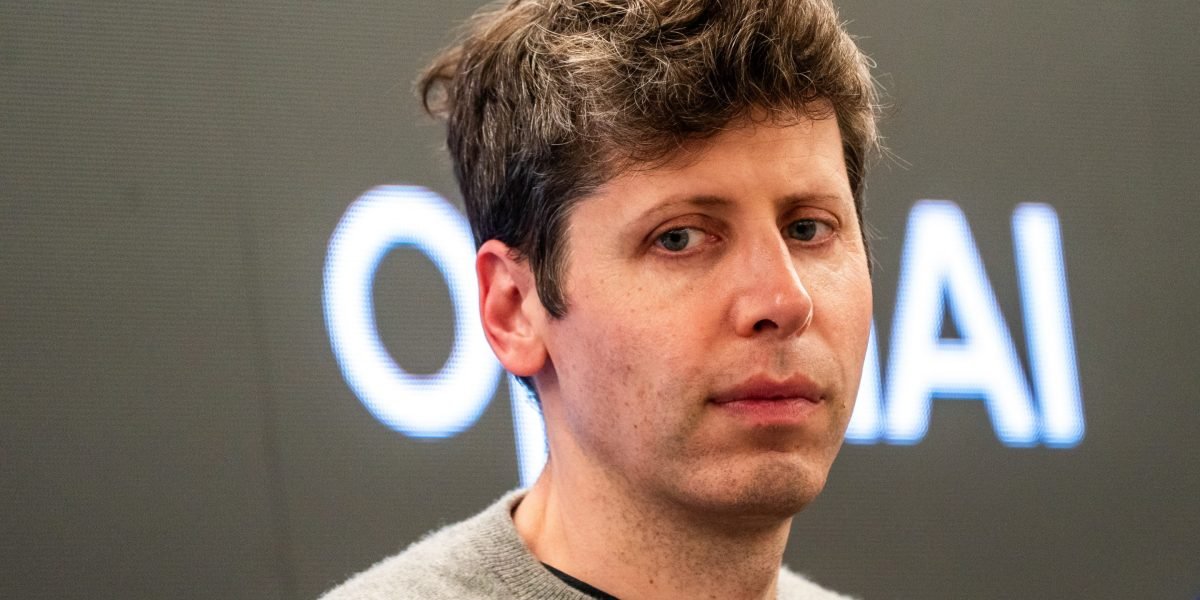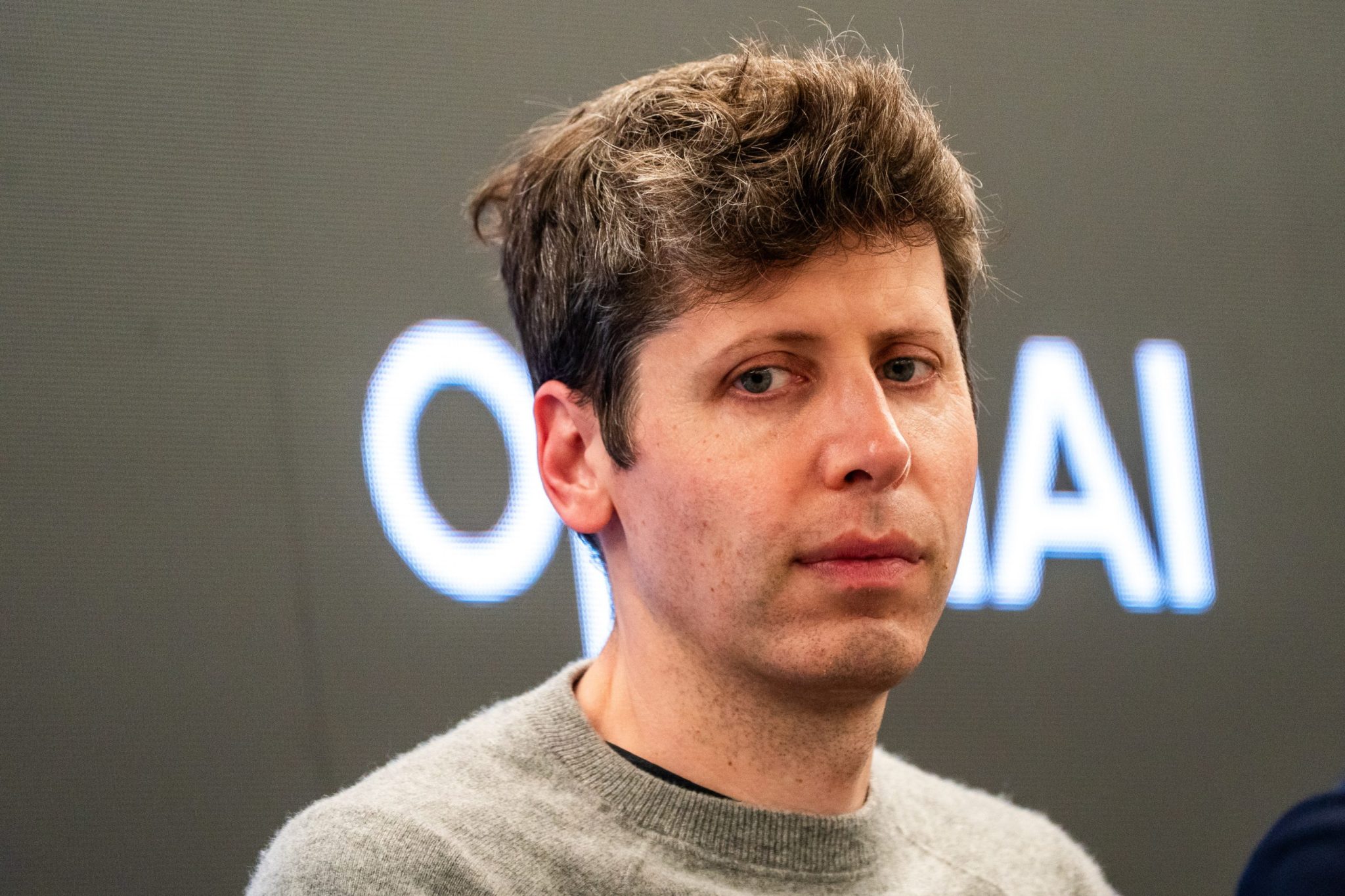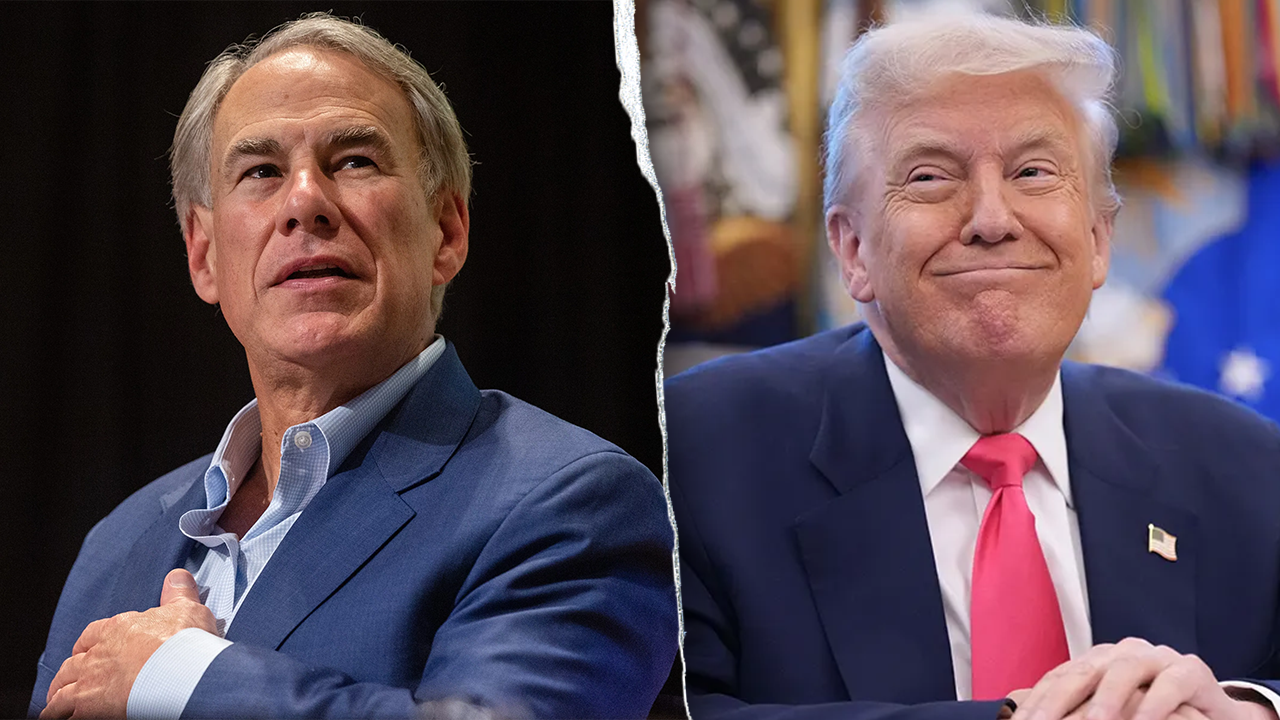
OpenAI-Broadcom agreement lifts the chip maker’s shares

Broadcom Shares of OpenAI jumped after OpenAI agreed to buy the company’s custom chips and networking equipment in a multi-year deal, part of an ambitious plan by the startup to add artificial intelligence infrastructure.
As part of the agreement, OpenAI will design the hardware and work with Broadcom to develop it, according to a participant statement on monday. The plan is to add 10 gigawatts worth of AI data center capacity, with companies starting to deploy racks of servers containing the equipment in the second half of 2026.
By customizing the processors, OpenAI said it will be able to incorporate what it has learned from developing AI models and services “directly into hardware, unlocking new levels of capability and intelligence.” The rollout of the devices is supposed to be completed by the end of 2029, according to the companies.
For Broadcom, the move provides deeper access to the burgeoning AI market. Monday’s agreement confirms an arrangement that Broadcom CEO Hock Tan hinted at during an earnings conference call last month.
Investors lifted Broadcom shares as much as 11% on Monday, betting that the OpenAI alliance will generate hundreds of billions of dollars in new revenue for the chipmaker. But the details of how OpenAI pays for the equipment have not been made clear. While the AI startup has shown it can easily raise funding from investors, it is burning through significant amounts of cash and doesn’t expect to be cash flow positive until around the end of this decade.
OpenAI, the company that created ChatGPT, has signed a number of huge deals this year, aiming to ease constraints on computing power. Nvidia Corp., whose chips handle the majority of AI work, he said last month It will invest up to $100 billion in OpenAI to support new infrastructure – with the goal of producing at least 10 gigawatts of capacity. Just last week, OpenAI announced an agreement to deploy 6 gigawatts of Advanced Micro Device Inc.’s processors. Over the course of several years.
Because AI and cloud services companies announce big projects every few days, it’s often unclear how these efforts are funded. The tangled deals have also fueled fears of an AI spending bubble, especially since many of these partnerships involve OpenAI, a fast-growing but unprofitable company.
While purchasing chips from others, OpenAI is also designing its own semiconductors. It is mainly intended to handle the inference phase of running AI models – the phase after training the technology.
There is no investment or equity component to the Broadcom deal, making it different from the agreements with Nvidia and AMD, OpenAI said. An OpenAI spokesperson declined to comment on how the company finances the chips, but the basic idea is that more computing power will allow the company to sell more services.
One gigawatt of AI computing capacity costs today About 35 billion dollars For chips alone, 10 gigawatts totals $350 billion. But the main reason OpenAI is developing its own chip is to lower its costs, and it’s unclear what price Broadcom’s chips will charge under the deal.
OpenAI may be trying to emulate Alphabet Inc Googlewhich made its own chips using Broadcom technology and saw lower costs compared to other AI companies, such as Meta platforms Inc., according to Bloomberg Intelligence analyst Mandeep Singh. Google’s success with Broadcom may have led OpenAI to the chip maker, rather than suppliers like Marvell technology Singh added.
Announcing the agreement, OpenAI CEO Sam Altman said his company has been working with Broadcom for 18 months.
The startup is rethinking technology from transistors to what happens when someone asks a question on ChatGPT, he said in a podcast released by his company. “By being able to optimize across this entire portfolio, we can get huge efficiency gains, and that will lead to much better performance, faster models, and cheaper models.”
When Tan referred to the agreement last month, he did not name the client, though people familiar with the matter identified it as OpenAI.
“If you make your own chips, you control your own destiny,” Tan said on the podcast on Monday.
Broadcom is increasingly seen as a major beneficiary of AI spending, which has helped lift its stock price this year. The stock was up 40% so far this year through Friday’s close, outpacing the 29% gain notched by the Philadelphia Stock Exchange’s benchmark semiconductor index. OpenAI, meanwhile, has It has a valuation of $500 billionWhich makes it the largest startup in the world by this measure.
By exploiting Broadcom’s networking technology, OpenAI is hedging its bets. Broadcom’s Ethernet-based options compete with Nvidia’s own technology. OpenAI will also design its own hardware as part of its work on custom hardware, the startup said.
Broadcom will not provide the data center capacity itself. Instead, it will deploy server racks with dedicated hardware in facilities operated by OpenAI or its cloud computing partners.
One gigawatt is equivalent to the capacity of a conventional nuclear power plant. However, 10 gigawatts of computing power alone is not enough to support OpenAI’s vision of achieving artificial general intelligence, said OpenAI co-founder and president Greg Brockman.
“This is just a drop in the bucket compared to where we have to go,” he added.
Reaching the level under discussion will not happen quickly, said Charlie Kawas, president of Broadcom’s semiconductor solutions group. “Take railways for example, it took about a century to deploy them as critical infrastructure. If you take the Internet, it took about 30 years,” he said. “This won’t take five years.”












Post Comment